Hosted organizations
From ilri-ethiopia ilriwikis
 |
www.ilri.org] |
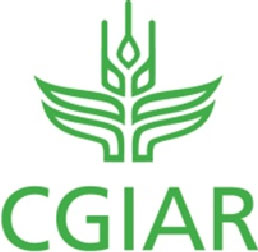 |
www.cgiar.org] |
| www.gatesfoundation.org ] | |
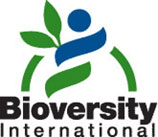 |
www.bioversityinternational.org] |
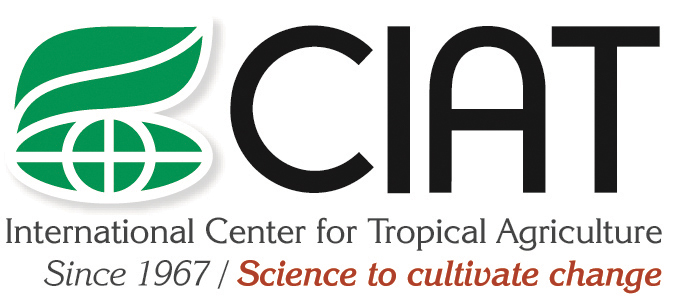 | | The International Centre for Tropical Agriculture (CIAT) works to reduce hunger and poverty, and improve human nutrition in the tropics through research aimed at increasing the eco-efficiency of agriculture. CIAT is headquartered in Colombia. Backed by the Colombian government and Rockefeller, Ford, and Kellogg Foundations, CIAT was formally established in 1967 and began its research in 1969. CIAT develops technologies, methods, and knowledge that better enable farmers, mainly smallholders, to enhance eco-efficiency in agriculture. | | The International Centre for Tropical Agriculture (CIAT) works to reduce hunger and poverty, and improve human nutrition in the tropics through research aimed at increasing the eco-efficiency of agriculture. CIAT is headquartered in Colombia. Backed by the Colombian government and Rockefeller, Ford, and Kellogg Foundations, CIAT was formally established in 1967 and began its research in 1969. CIAT develops technologies, methods, and knowledge that better enable farmers, mainly smallholders, to enhance eco-efficiency in agriculture.More information at: ciat.cgiar.org | |
 |
www.cifor.cgiar.org] |
 | | Established in 1977, the mission of the International Center for Agricultural Research in the Dry Areas (ICARDA) is to help fight hunger and poverty through research and training to increase the production, productivity and sustainability of farming systems in the dry areas. ICARDA researches food crops, water and land management, rangelands and small-ruminant production (sheep and goats), and a wide variety of related socio-economic and policy issues. ICARDA’s mandate extends over non-tropical arid regions in developing countries; this covers a massive area of the world where poverty and food supply issues are endemic. ICARDA Ethiopia coordinators a wide range of research activities being implemented in collaboration with NARS. | | Established in 1977, the mission of the International Center for Agricultural Research in the Dry Areas (ICARDA) is to help fight hunger and poverty through research and training to increase the production, productivity and sustainability of farming systems in the dry areas. ICARDA researches food crops, water and land management, rangelands and small-ruminant production (sheep and goats), and a wide variety of related socio-economic and policy issues. ICARDA’s mandate extends over non-tropical arid regions in developing countries; this covers a massive area of the world where poverty and food supply issues are endemic. ICARDA Ethiopia coordinators a wide range of research activities being implemented in collaboration with NARS.More information at: www.icarda.cgiar.org | |
 |
www.icipe.org] |
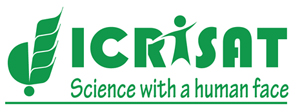 | | The International Crops Research Institute for the Semi-Arid Tropics (ICRISAT) is a non-profit, non-political organization that conducts agricultural research for development in Asia and sub-Saharan Africa. A member of the CGIAR Consortium, ICRISAT is headquartered in Hyderabad, India, with two regional hubs in Africa – Nairobi and Bamako. The Ethiopia country office focuses on increasing dryland cereal (sorghum and millet) and grain legume (chickpea, pigeonpea and groundnut) productivity, watershed management and research on markets, institutions and policies. ICRISAT’s conceptual framework of Inclusive Market-Oriented Development (IMOD) relies on proactively including the poor in research by enabling them with diverse, purposeful, innovative and action-oriented partnerships, more productive and resilient technologies, and supportive policies. | | The International Crops Research Institute for the Semi-Arid Tropics (ICRISAT) is a non-profit, non-political organization that conducts agricultural research for development in Asia and sub-Saharan Africa. A member of the CGIAR Consortium, ICRISAT is headquartered in Hyderabad, India, with two regional hubs in Africa – Nairobi and Bamako. The Ethiopia country office focuses on increasing dryland cereal (sorghum and millet) and grain legume (chickpea, pigeonpea and groundnut) productivity, watershed management and research on markets, institutions and policies. ICRISAT’s conceptual framework of Inclusive Market-Oriented Development (IMOD) relies on proactively including the poor in research by enabling them with diverse, purposeful, innovative and action-oriented partnerships, more productive and resilient technologies, and supportive policies.More information at www.icrisat.org | |
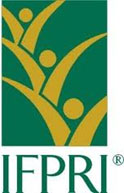 | | The International Food Policy Research Institute (IFPRI) focuses on reducing poverty and ending hunger and malnutrition through policy research, communications and capacity strengthening. IFPRI’s strategic areas include environment and production technology; markets, trade and institutions; poverty, health and nutrition; and development strategy and | | The International Food Policy Research Institute (IFPRI) focuses on reducing poverty and ending hunger and malnutrition through policy research, communications and capacity strengthening. IFPRI’s strategic areas include environment and production technology; markets, trade and institutions; poverty, health and nutrition; and development strategy andgovernance. IFPRI’s headquarters are in Washington, DC. Addis Ababa hosts the Eastern and Southern Africa Regional Office. The regional office contributes to food security, poverty reduction, and improved livelihood for the people of the region by conducting research, capacity strengthening and advocacy activities on knowledge management and agricultural education; health and nutrition; provision and access to inputs and rural services; access to output markets; and social protection and social safety net. More information at: www.ifpri.org | |
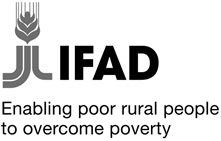 |
www.ifad.org] |
 |
www.cimmyt.org] |
 |
www.cipotato.org] |
 | | The International Water Management Institute (IWMI) conducts research to improve the management of land and water resources for food, livelihoods and the environment. From its Sri Lanka headquarters, IWMI research is organized around four priority themes: water availability and access; productive water use; water quality, health and environment; and water and society. In Ethiopia and East Africa generally, IWMI seeks solutions to the agricultural water challenges that contribute to the lack of food security faced by the countries in the region. | | The International Water Management Institute (IWMI) conducts research to improve the management of land and water resources for food, livelihoods and the environment. From its Sri Lanka headquarters, IWMI research is organized around four priority themes: water availability and access; productive water use; water quality, health and environment; and water and society. In Ethiopia and East Africa generally, IWMI seeks solutions to the agricultural water challenges that contribute to the lack of food security faced by the countries in the region.More information at: [[1]] | |
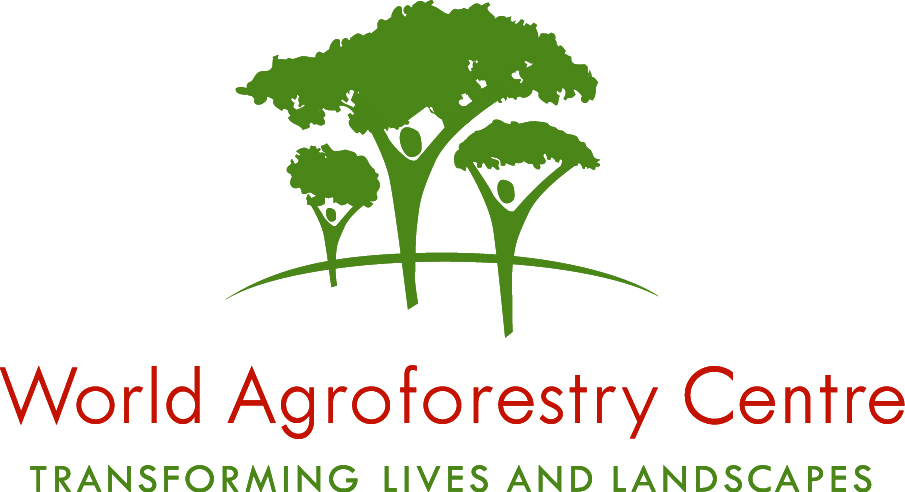 | | The World Agroforestry Centre (also known as the International Centre for Research in Agroforestry or ICRAF) is an independent research institution which generates science-based knowledge about the complex role trees play in agricultural landscapes and rural livelihoods. As part of the Centre’s work to bring tree-based solutions to bear on poverty and environmental problems, researchers – working in close collaboration with partners – are developing new technologies, tools and policy recommendations for increased food security and ecosystem health. | | The World Agroforestry Centre (also known as the International Centre for Research in Agroforestry or ICRAF) is an independent research institution which generates science-based knowledge about the complex role trees play in agricultural landscapes and rural livelihoods. As part of the Centre’s work to bring tree-based solutions to bear on poverty and environmental problems, researchers – working in close collaboration with partners – are developing new technologies, tools and policy recommendations for increased food security and ecosystem health.More information at: www.worldagroforestrycentre.org |